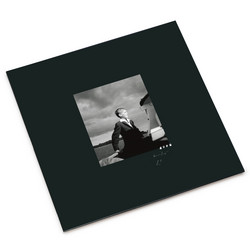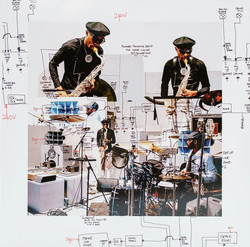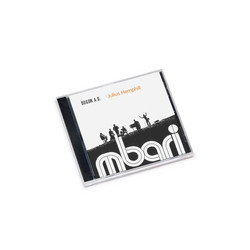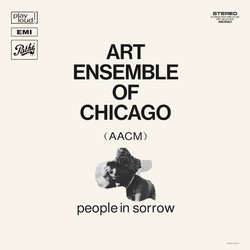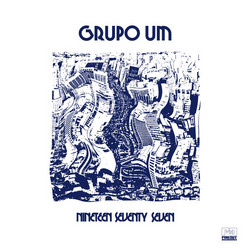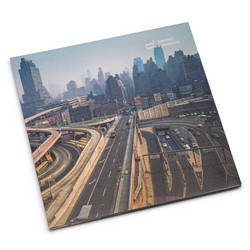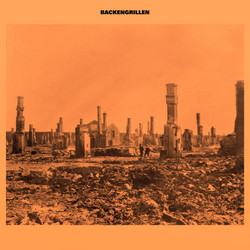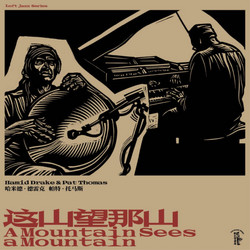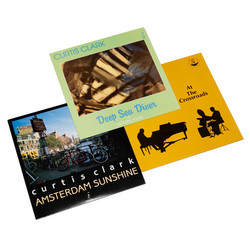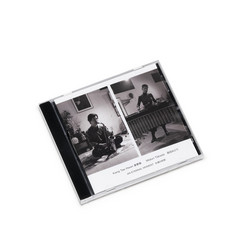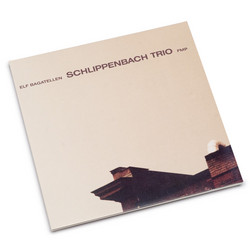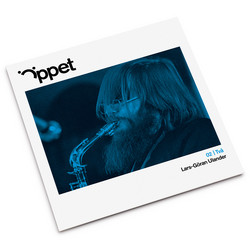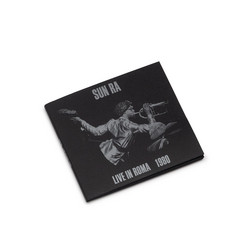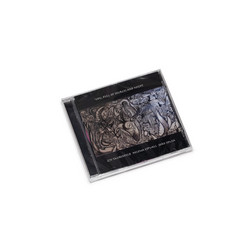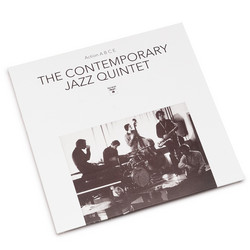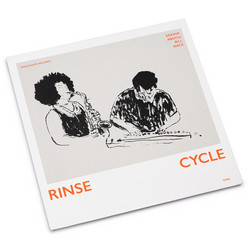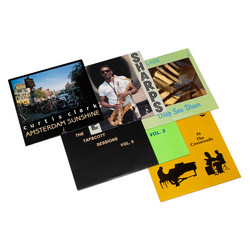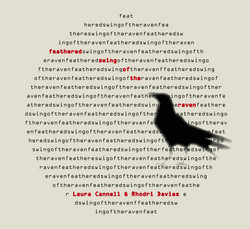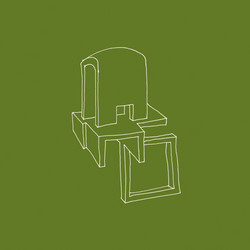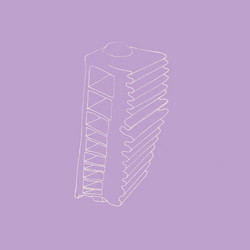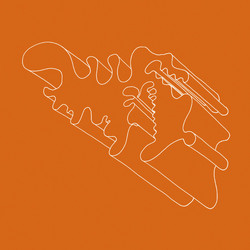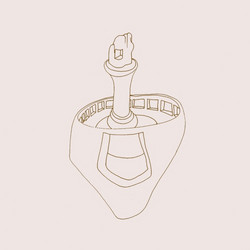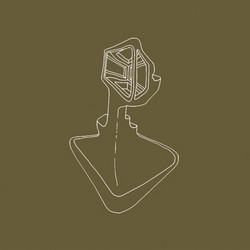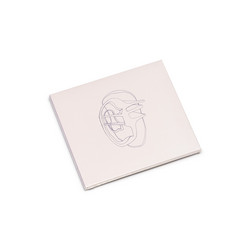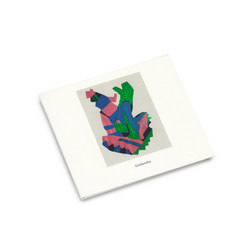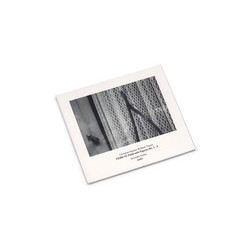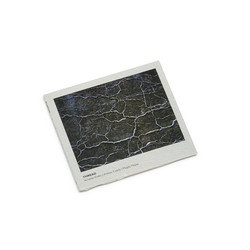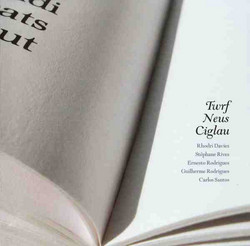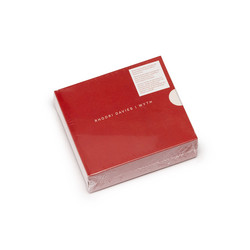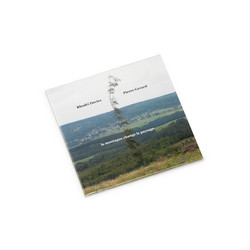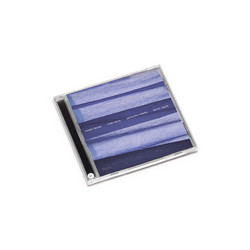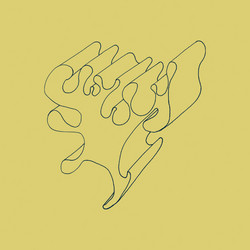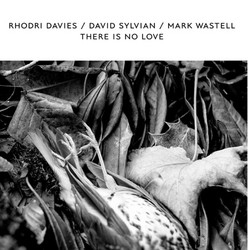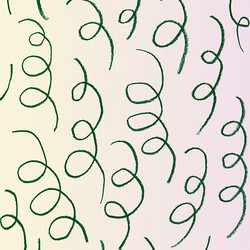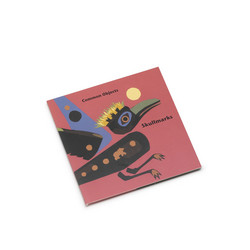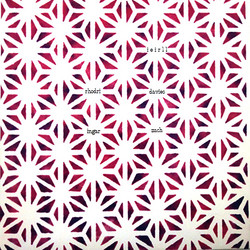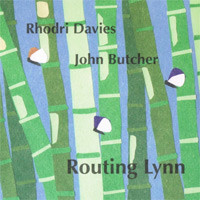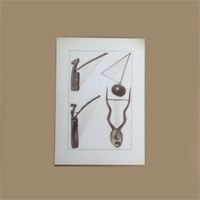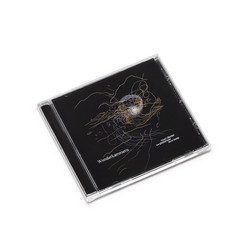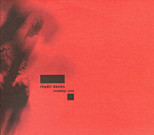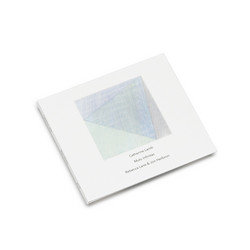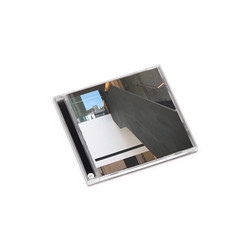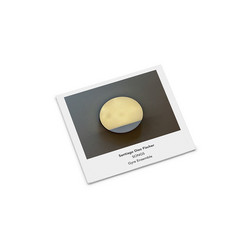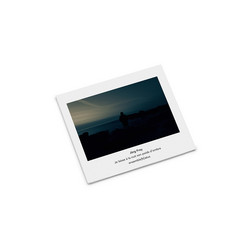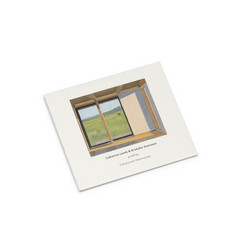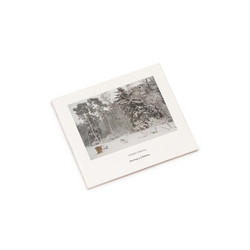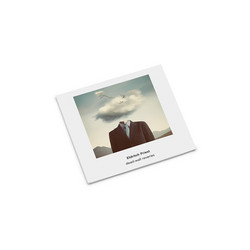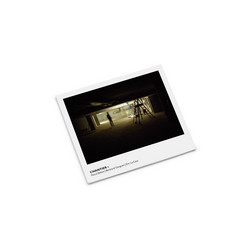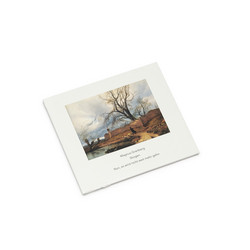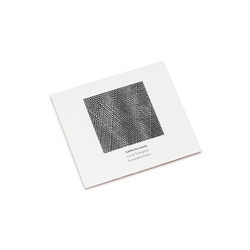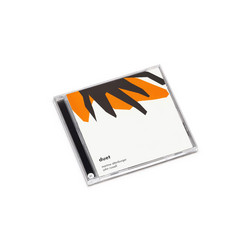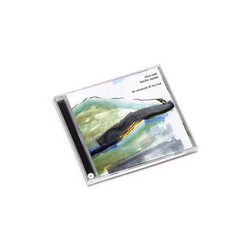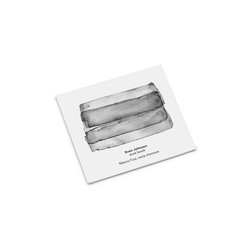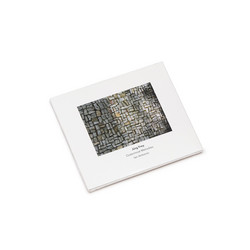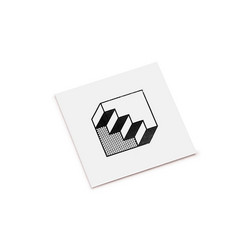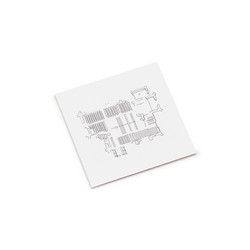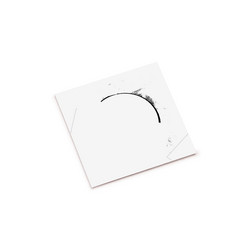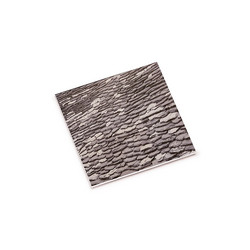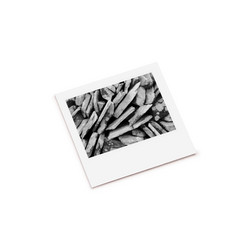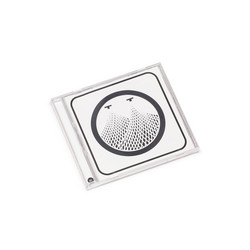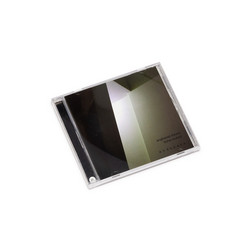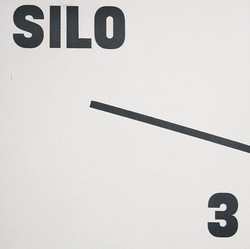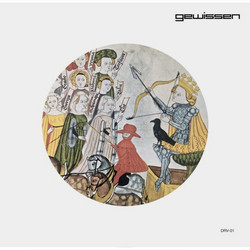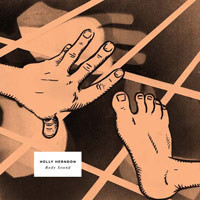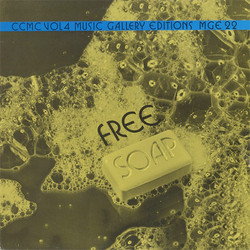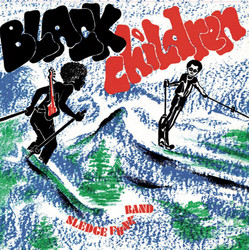Annette Krebs, Rhodri Davies
Kravis Rhonn Project
Radical collaboration between two of European improvisation's most innovative voices, recorded in Berlin in April 2008. Annette Krebs (guitar, mixing board, tapes) and Rhodri Davies (electric harp & electronics) created hours of raw material during sessions in Krebs's apartment, which she then spent months editing and mastering into this intriguing three-part suite. Krebs - one of contemporary improvisation's most distinctive and selective voices - has built her reputation through carefully chosen collaborations with Robin Hayward, Alessandro Bosetti, Toshimaru Nakamura and Ernst Karel, always prioritizing conceptual rigor over prolific output. Her approach transforms the guitar into a textural laboratory, treating strings, body and electronics as raw material for radical sound investigation.
Davies, meanwhile, has established himself as improvisation's leading harp innovator. For this recording he uses his tabletop electric harp - an instrument he's increasingly embraced as travel logistics complicate touring with full-scale harps. "Over the past couple of years he has begun to really find his voice with this laid-flat version of his chosen instrument," notes Richard Pinnell in The Watchful Ear, "and on this new album his range of sounds; buzzing, scraping, droning, chiming and even the occasional all out roaring are put to use brilliantly."
The three pieces - Traguar (21:25), Jailom (12:03) and Ssronck (12:08), titles derived from imaginary words spoken by Dadaist sound poets whose recordings Krebs sampled - unfold with patient intensity. As Brian Olewnick writes in Just Outside: "Very strong, extremely well integrated set, Krebs and Davies meshing perfectly; had I been told this was a (complex) solo set, I'd have accepted that."
What makes the recording particularly striking is Krebs's use of found materials - voices of German newsreaders, archived sound poets, traces of rap and traffic noise rise through the duo's shimmering textures. "The range in sounds and textures allows Krebs the space and opportunity to place bits of sampled voices, radio grabs and the odd guitar chime into the gaps," Pinnell observes. Bill Meyer in The Wire notes how "German newsreaders, archived sound poets and traces of rap and traffic noise rise up through Krebs and Davies's shimmering surfaces, pockmarking them like potholes on city streets, occasionally cutting the playing short."
The integration is so complete that distinguishing between musicians becomes nearly impossible. "Strings scrape and pluck, outboard electronics sputter and abruptly drop out, both players working with small gestures so similar they could be playing a single instrument," Meyer writes. The music repeatedly does the unexpected while sounding utterly inevitable - "as if each sound is placed just where it belongs, even if they don't always seem to follow naturally from the sounds before," as Pinnell puts it.
Olewnick captures the essential quality: "There's a wonderful gliding aspect to much of the music here, maybe set into motion largely by Davies, a kind of slow, up and down swoop, that's quite entrancing, all the more so when adorned with pebbles of taped sounds, gritty static, etc. Great balance of soft dronage, occasional quasi-rhythms, super-sensitive inclusion of quiet voices--next to impossible to describe to any degree of satisfaction, but that's usually the case with something as beautifully positioned as this. Mandatory."
The result is music of great focus and concentration, where spontaneity and editing, acoustic and electronic, gesture and texture exist in productive tension. As Pinnell concludes: "Album of the year so far." Essential listening for anyone interested in the outer reaches of contemporary string improvisation and electronic processing.
